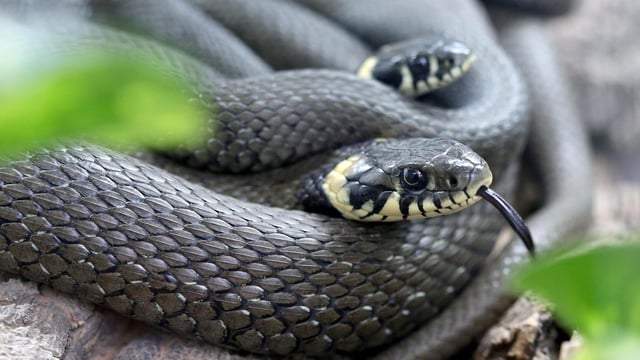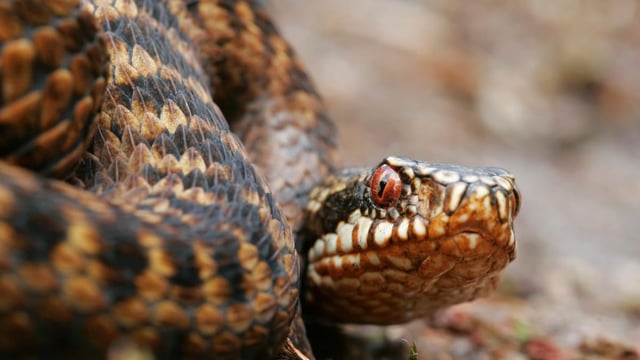Overview
- Residents across Nordrhein-Westfalen have reported more frequent encounters with entirely black snakes in gardens, basements and near heat pumps.
- Herpetologists say the unusual coloration stems from a genetic melanism mutation that causes excess melanin production.
- Milder temperatures tied to climate change are extending the active season of egg-laying species such as grass snakes, experts note.
- Only two venomous species—the adder and asp viper—live in Germany, making serious snakebite incidents very unlikely.
- Native snakes provide vital ecological services by controlling rodent and amphibian populations and are legally protected from harm.


